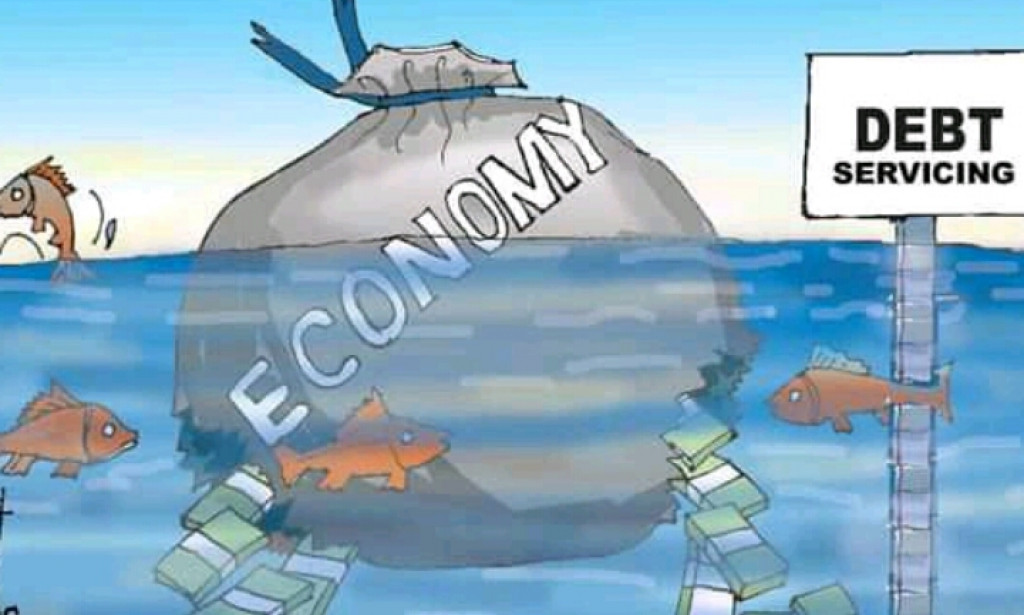The privatisation went ahead into other utilities which could ease the lives of the citizens of Nigeria. Some of these utilities include Power and Fuel, Transportation, Communication, Security and many more.
However, Structural Adjustment Programme (SAP), as it ushered in economic reforms such as deregulation, liberalisation, privatisation, etc which successive governments of Nigeria have vigorously pursued as if it were the antidote to Nigeria s economic quagmire.
It observed that rather than do any good to the nations economy, liberalization, and deregulation of Nigeria’s foreign exchange, for instance, has led to unprecedented and disastrous devaluation of the naira.
Moreover the contradiction in the privatisation of NITEL and NEPA proved that deregulatory as well as privatisation contained dubious irregularities.
As it was already documented the sale of NITEL, Pentascope, NEPA or Power Holding Company of Nigeria (PHCN) has been entangled in panoply of controversies.
The inability of the 18 successor companies to PHCN to properly function due to lack of transparency in the entire process. The recent termination of the sale of NITEL to Omen International Consortium for its inability to revalidate the bid bond of $105 million at the deadline of June 10, 2011.
In the issue of NEPA there exist discriminatory practices which make the privatisation of the company more negative in nature; for example, there exist partiality within the Kano Electric Distribution Company (KEDCO) they were allocating more energy to industrial areas and GRAs than that of local or poor dominated residences.
The practice went ahead to be publicly and officially known across the country in the system of pricing the power charges per units with three categories according to the hours of supply.
There also existed the rich service system which they called BLUE LINE which clearly denoted discrimination among citizens of the same geography, citizenship and rights to the services.
The worst part of the issue was inability of the KEDCO to supply or link public hospitals with that Blue Line at which jeopardize the patients.
The complain about power privatisation six years after, include problems associated with the existing power sector, which now worsened from less power supply to discriminatory retrenching and sacking of workers in the former PHCN to exploitation of consumers.
Nigerians have not enjoyed the benefit of deregulation and privatization reforms that took place in the power sector”.
Moving on to the Fuel or Petroleum product in Nigeria a country with huge reserves of crude oil the deregulation overlap into the system of its supply via subsidy removal.
Such actions went into Agricultural practices of the country as subsidies were removed in the fertiliser and other farming objects; however, even in the Washington Consensus Agricultural practices were spared among subsidy removal target sectors.

You must be logged in to post a comment.